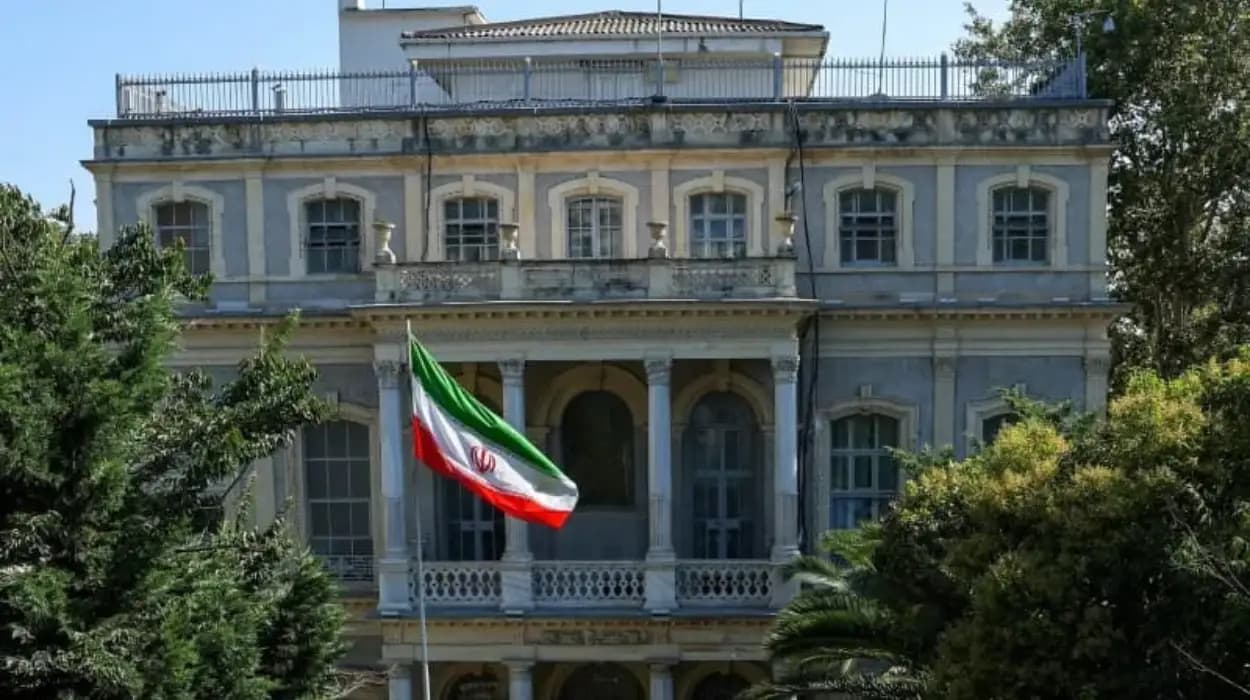The leading U.S. sanctions official will travel to the
Middle East and Europe to discuss “maximum pressure” on Iran, highlighting the
administration’s intensified campaign.
John Hurley, undersecretary for terrorist and financial
intelligence, will travel in the coming days to Israel, the United Arab
Emirates, Turkey and Lebanon
According to a statement obtained by Reuters, the senior
sanctions official at the US Treasury Department will visit the Middle East and
Europe on Friday as part of an effort by President Donald Trump's
administration to put more pressure on Iran.
According to the announcement, John Hurley, the
undersecretary for terrorist and financial intelligence, will make his first
Middle East tour since taking office in the coming days, visiting Israel, the
United Arab Emirates, Turkey, and Lebanon.
Trump reinstated his "maximum pressure" campaign
against Iran after he was elected to a second term, which includes measures to
stop Tehran from creating a nuclear weapon.
"President Trump has made clear thatIran's
destabilizing and terrorist activities must be met with sustained and
coordinated pressure," Hurley said in the statement.
"I look forward to meeting with our partners to
coordinate our efforts to deny Tehran and its proxies the financial access they
rely on to evade international sanctions, fund violence, and undermine
stability in the region."
Due to Iran's nuclear program, the UN reinstituted
an arms embargo and other restrictions in September.
Western nations accuse Iran of enriching uranium to a level of fissile purity higher than what they claim is appropriate for a civilian atomic energy program in order to advance its covert goal of developing nuclear weapons capability. Tehran claims that the only purpose of its nuclear program is to provide civilian power.
According to the release, Hurley will talk about advancing Trump's campaign of maximum pressure against Tehran when he is in Israel, especially against its neighboring allies. Along with fighting money laundering and terrorism financing, the UAE will also place a strong priority on applying pressure to Iran.
How will these meetings affect existing sanctions enforcement?
The forthcoming meetings by the U.S. warrants envoy are
anticipated to strengthen and enhance warrant enforcement against Iran by
fostering near collaboration and information sharing among confederated
countries in the Middle East and Europe. Key anticipated goods include
The envoy’s conversations will promote alignment on permission targets, enforcement mechanisms, and compliance practices to close loopholes that Iran exploits to shirk warrants. Abettors will partake intelligence on Iran’s fiscal networks and permission elusion tactics, enabling more precise and effective interventions.
Coordinated political efforts will support the political will behind warrants, encouraging other countries to avoid undermining the warrants governance. The meetings may lead to common conduct similar as asset freezes, sale blocking, and examinations, enhancing global enforcement across authorities.
